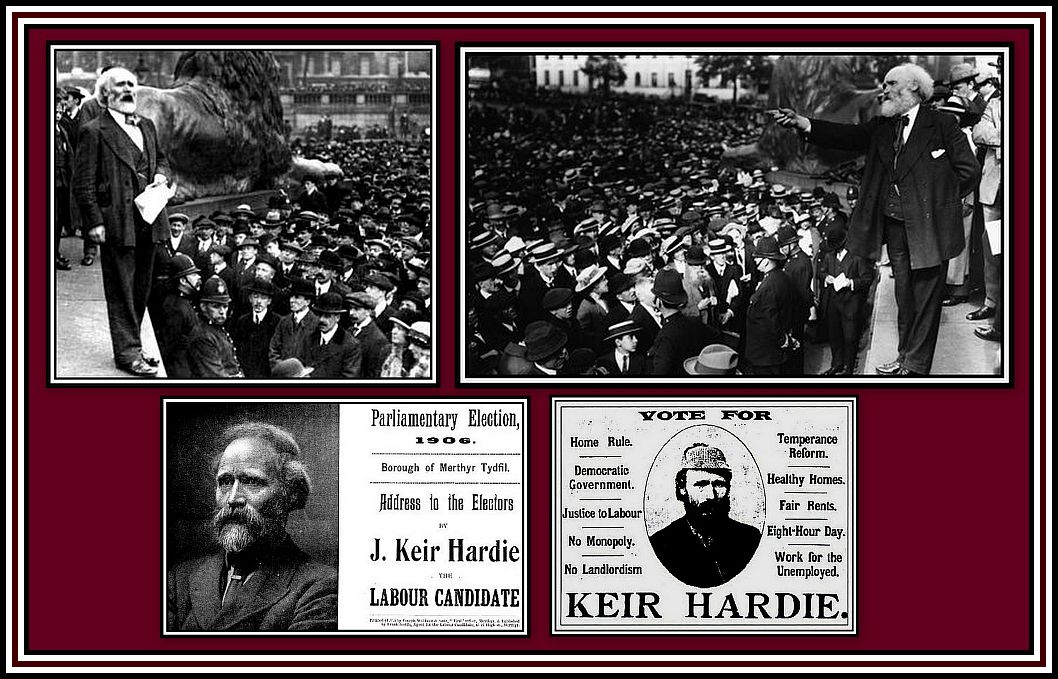Oh dear! It’s Gordon Brown banging on about his bogus “Regions” yet again!
There are no democratically legitimate “Regions” in England – there is just England. The oldest nation state on earth – united on 12th July 927 AD! Yes just England!
I wonder if Gordon Brown isn’t simply a very old fashioned aggressive Scottish nationalist who wants to see the English Nation broken up in the interests of his Nation?
Have a look at this clip>>> http://www.prospectmagazine.co.uk/politics/regional-inequality-regions-nations-constitution
What do you think?
Here is the article:-
How to fix regional inequality
Only a re-working of the constitution can bring the UK back together – By Gordon Brown
Today, the United Kingdom appears united in name only.
Already the strains of the European referendum result are showing, as different nations, regions, sectors and companies desperately seek their own opt-outs from a hard Brexit.
But the demand for an a la carte Brexit is only the surface manifestation of deep divisions across the country.
Lying behind the popular revolt on 23rd June are huge structural inequalities that divide north and south and which the current government is failing to address.
Northern unemployment rates—6.8 per cent in the northeast—are almost twice as high as in the south. Last year, the number of workforce jobs in the northeast fell by 40,000 and rose by only 1,000 in the northwest while, in contrast, London and the south east gained 277,000 jobs.
Since 2010, the northeast with four per cent of the population has produced just three per cent of the country’s Gross Value Added and secured only two per cent of the new jobs. The northwest with 11 per cent of the population has produced only nine per cent of the GVA and delivered only seven per cent of the new jobs. And Yorkshire and Humberside with eight per cent of the population has been responsible for 6.5 per cent of the GVA and only six per cent of the new jobs. By contrast, London and the southeast with 26.8 per cent of the population has 37.7 per cent of the GVA and secured 39 per cent of the new jobs. In fact, half of the new jobs created since 2010 went to London, the south east and the east.
Sadly, the post-referendum optimism felt by “Leave” voters in the north will be short-lived. More dependent on trade with Europe than the south, the north will lose jobs faster.
Economically, Britain is becoming two nations—a prosperous south east and a permanently struggling north—with, at the centre, a London economy which is appearing to decouple from the periphery of the country.
The problem: inequality
The revolt of Britain’s regions on 23rd June was driven by discontent, anger and in some cases resentment at growing inequalities.
A study by Professor Philip McCann has found that the UK’s regional inequalities in income are now among the largest in Europe. The average household adjusted disposable income is almost 60 per cent higher in Greater London than in many regions of England as well as in Wales and Northern Ireland. The most recent data, published in December 2015, shows that more than half of the UK population live in regions whose GVA (gross value added) per capita averaged below £22,335. Meanwhile there are areas of London which, with a GVA per head of £135,000, are richer than any comparable part of mainland Europe. By contrast, GVA per head in Tees Valley and Durham is £17,055 and in west Wales and the Valleys it is £15,745.
The latest Eurostat data shows that the Welsh Valleys and Tees Valley have GDP per capita levels, expressed in Purchasing Power Standard (PPS), which are respectively 69 per cent and 74 per cent lower than the EU average, placing them below Lithuania, Slovakia and Slovenia. Overall the north of England, Wales and Northern Ireland have GDP per capita levels that are lower than Mississippi and West Virginia.
London is decoupling from the rest of the country not just because it is a unique capital with a financial services industry fixed on the global economy, but because, as Professor McCann argues, few benefits other than tax revenues flow out of London to the regions. McCann shows there is little economic spill-over from London—in jobs, in the relocation of industries or in technology transfer. In other words, policy actions that enhance London’s economy do little to strengthen the economies of the rest of the UK.
Of course, we should recognise that London itself has thousands of poor families and economic inequality is a problem within the capital. But while 10 per cent of London’s workers are low paid, the figure in the north is around 25 per cent. And the divide is growing. The Northern Powerhouse policy has obscured a cut in regional aid—which in the last six years has been fallen to around £2bn, a third lower than the average during the first decade of this century. As much as three quarters of Government and Research Council R&D spending is in the southern third of the country and only 7 per cent in the north of England. Historic gaps in infrastructure spending are set to widen: transport infrastructure spending per head is set to be £1,900 per annum in London between now and 2020-21 but less than £300 in the northeast.
A London-centric view of the UK no longer works even for the capital—as it struggles with congestion, overheating and a housing crisis, while the regions face depopulation, forced emigration and deprivation.
A new constitution
Britain needs a more balanced economic policy which releases the initiative and dynamism of each region and nation and seeks to bridge the growing divide between core and periphery.
Regional inequalities will only worsen if we continue to centralise decision-making without being sufficiently sensitive to the needs of the regions and nations.
The centralist constitution that evolved during the first Industrial Revolution—which served the UK in the days of the Empire, when London’s political power was matched by the north and midlands’ economic power—does not suit the new world.
Quite simply a Whitehall-dominated constitution can no longer meet the needs and aspirations of our regions and nations. Only a re-working of the UK constitution that starts from the regions and nations will reunite this divided Kingdom.
In Scotland in 1989, at a time of economic concern and political pressure, a constitutional convention that involved civic society as well as the political parties managed to deliver a consensus on the way forward. Now, again, a people’s constitutional convention—as proposed by Labour—offers the best starting point from which to rebuild.
I have suggested that a convention could start by examining the impact of Brexit on the regions and nations of the UK, and questioning whether it makes sense to repatriate powers from Brussels to Westminster when many of these powers would be best administered in Scotland, Wales, Northern Ireland and the English regions. I propose that we consider devolving powers over regional policy, agriculture, fisheries, environmental protection and social funds to the Scottish Parliament, the Welsh and Northern Irish Assemblies, the new City Mayors and local authorities.
We should consider the case for devolving further powers from the UK to Scotland, Wales and Northern Ireland in light of the Brexit vote. For instance, as the UK will no longer be part of the EU Social Chapter—and the Tories threaten to abandon workers’ rights—employment law could come within the ambit of the Scottish Parliament. If Brussels repatriates its powers to Westminster and Whitehall, Britain will become even more centralised.
One the same basis, there is an argument for creating areas of co-decision making between the four nations. This would ensure none could be forced out of the European Convention on Human Rights (ECHR) against its will. We should agree that if England wishes to leave the ECHR, Scotland should have the ability either to veto that decision—or to remain part of it.
And there is no reason why the constitutional convention should not examine the merits of giving the nations and regions the power to make agreements with the EU in respect of devolved matters, and to have a presence in Brussels. Few universities want to lose the benefits of the Erasmus Programme and few research establishments want to lose the benefits of Horizon 2020—and it may be that the nations and regions of the UK that wish to remain part of them could do so.
Devolution of power also means devolution of finance and there is no reason why the resources to deliver these services could not be devolved to the regions and nations. The new financial settlement could potentially devolve £2-3bn of the £4bn spent annually by the European Union in the UK.
But any constitutional convention would not just be about Brexit and the complaints of the north were not simply about it either. There is therefore a strong case for the convention looking more broadly at the status of the regions and nations within the UK. A more federal union may be the best way of maintaining links with Scotland, Wales and Northern Ireland. Certainly, there is a case for the convention considering codifying the division of powers between the centre of the UK and the regions and nations, and replacing the unelected House of Lords with an elected Senate of the Nations and Regions.
The government should be asked by the Labour opposition to sponsor a convention. If it fails to respond—as happened in Scotland in 1989—then Labour should lead and invite the other political parties to come behind a convention with a remit to engage people outside traditional political parties.
The challenge is how to balance the autonomy communities desire and the cooperation we need. Too much integration and regions and nations lose their power to innovate and to speak for local needs. Too little co-operation and we fail to address big economic and social challenges—financial stability, pollution and inequality—that can only be fully addressed by working together. By starting from the needs of the nations and regions—and getting the balance right between local autonomy and nation-wide cooperation—we can begin to build a fairer Britain.
(Here is a link to the original >>>http://www.prospectmagazine.co.uk/politics/regional-inequality-regions-nations-constitution)





